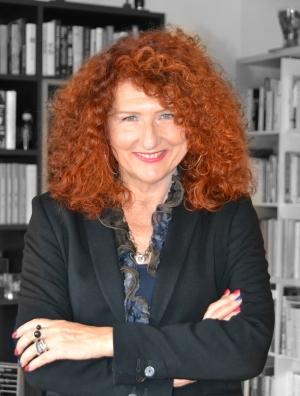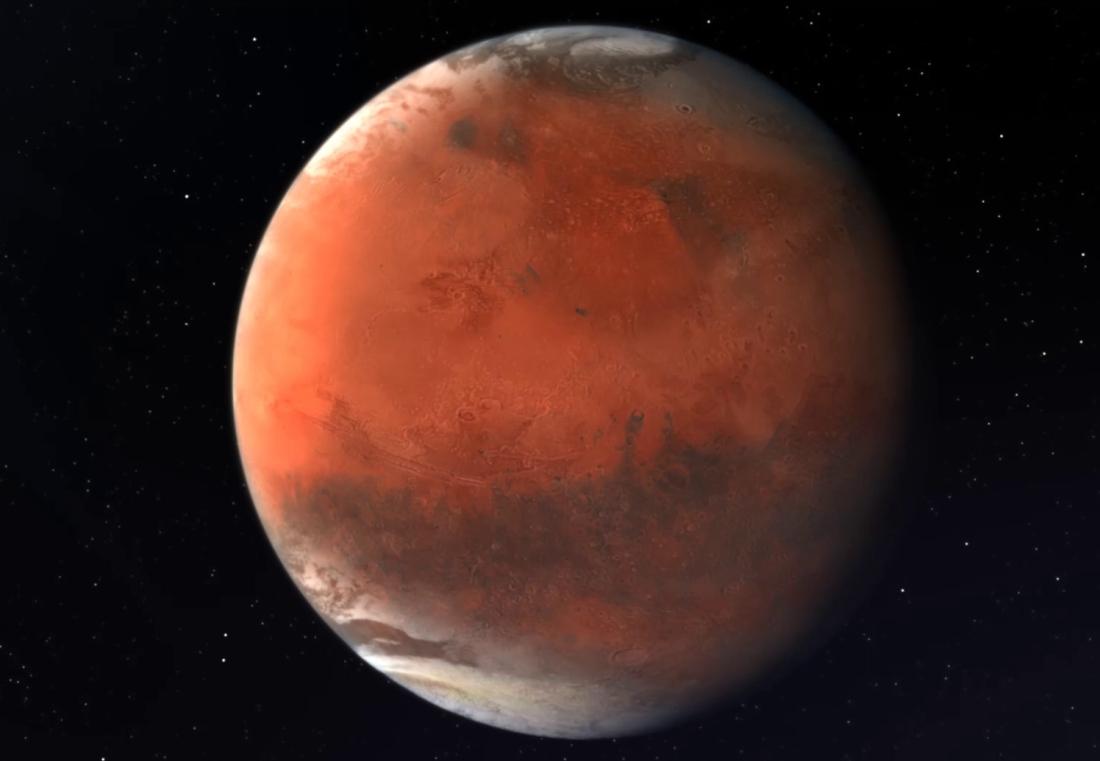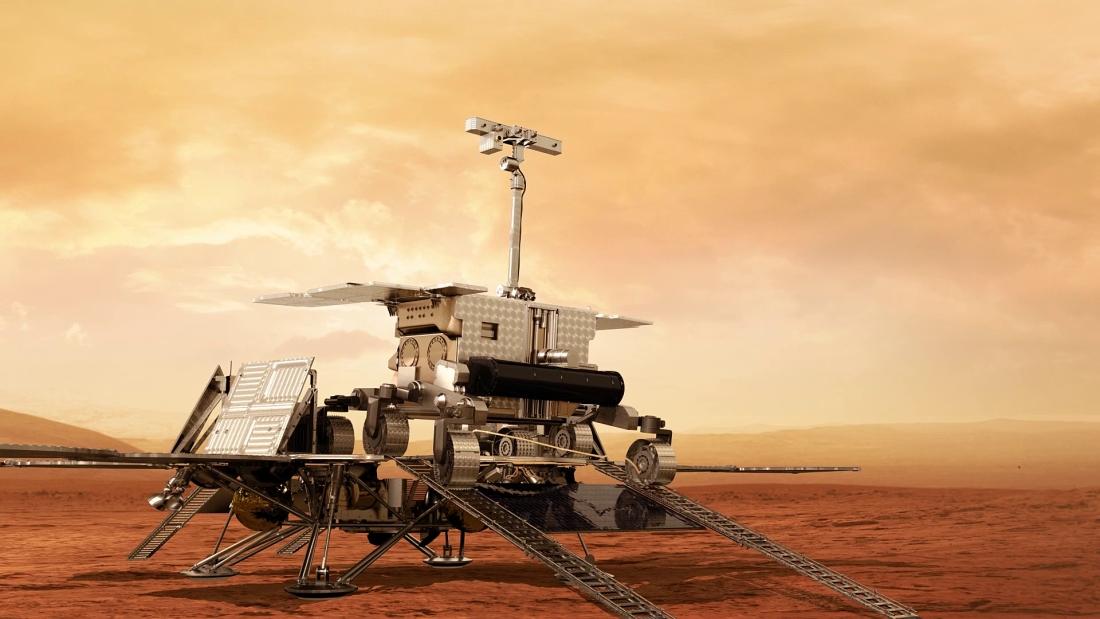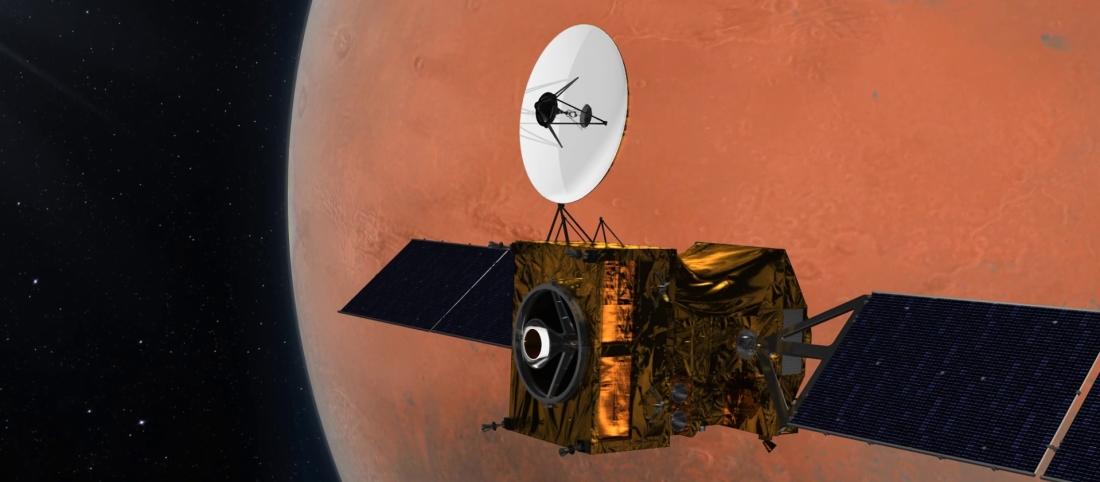Rencontre avec Diana Margheritis, une experte européenne en protection planétaire au top !

Rencontre avec Diana Margheritis, une experte européenne en protection planétaire au top !
Space Q&A. How did you become interested in space exploration?

I have become a real planetary protection enthusiast. By this we mean not contaminating other planets in our solar system with terrestrial microorganisms, and preventing the contamination of Earth through the introduction of extraterrestrial matter, as well as preserving and analyzing future extraterrestrial samples.
Space Q&A. What is PPOSS?
DM: PPOSS (Planetary Protection of Outer Solar Systems) is a European Commission initiative under the Horizon 2020 program. PPOSS focuses in particular on the icy moons of outer solar system planets (e.g., Europa, Enceladus, Ganymede, Titan) and tackles the scientific, technological and policy aspects of this topic. NASA’s exploration of planets and satellites over the past 50 years has led to the discovery of water ice throughout the solar system and hinted at the possibility of large liquid water reservoirs beneath the frozen shells of icy bodies in the outer solar system. These presumed subsurface oceans could provide an environment for prebiotic chemistry or a habitat for indigenous life. The possibility of contaminating these environments is therefore increasingly relevant. There are six current missions to the outer solar system and space agencies are already planning several more, especially to the asteroids and the Jovian system. Space exploration is often a multinational effort and planetary protection is a global issue, which should be discussed at the international level.
One key objective of PPOSS is to produce an International Planetary Protection Handbook, which will link the communities involved, identify scientific challenges, and also identify the critical technologies needed to meet requirements, while proposing a European Industry Roadmap for the next 15-20 years. Thales Alenia Space Italia is the sole representative of the European space industry in the PPOSS project.
Space Q&A. On ExoMars 2016 you worked in a very challenging international context with different partners, ESA member-states and manufacturers. How did this influence you?

DM: Working with people of different cultures creates a dynamic that really nurtures new ideas and new ways of doing things. Having to work on a joint project forced me to develop my adaptability. It definitely enriched me as a person, and it was an unforgettable experience. I also became the company’s “authority” on planetary protection. It was an amazing experience to give courses and lectures to everybody in the ExoMars program, whether in Italy or abroad. Students always ask new questions, which means you have to stay abreast of the latest developments. It was very satisfying to share the planetary protection culture across all these communities.
Space Q&A. What are your next big challenges?

DM: As successfully achieved on ExoMars 2016 mission, my next challenge is to implement, for the second mission, a right Planetary Protection approach in order to be compliant with all the dedicated requirements given by our customer ESA. This will cover both the Rover and the surface platform.
Space Q&A. How do you feel today with ExoMars in orbit around Mars?

DM: When I think of the TGO (Trace Gas Orbiter) orbiting Mars, I’m satisfied of course, but also really impressed since this orbiter, that I worked on so hard, and touched with my hands, is now so far away and in excellent shape, sending data that will give us precious information on the Red Planet. While preparing the ExoMars mission in 2016 we took about 3,200 microbiological samples, I wanted to take the last sample myself, from the TGO when the spacecraft was already mounted on the upper stage at the Baikonur launch site, as a farewell to this spacecraft we had worked on so extensively.
Space Q&A. What tips would you give to young women to encourage them to pursue a career in STEM (science, technology, engineering, mathematics)?
DM: My advice is to follow a path you really like and be prepared for a work environment where you draw considerable satisfaction by showing real commitment and dedication.
Copyrights:
First artistic view: © Thales Alenia Space/Briot
Additional artistic views: © Thales Alenia Space/Master Image Programmes

